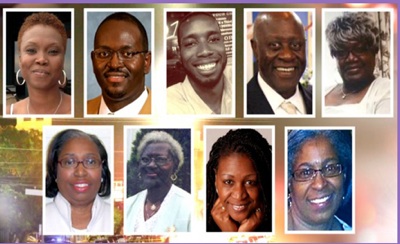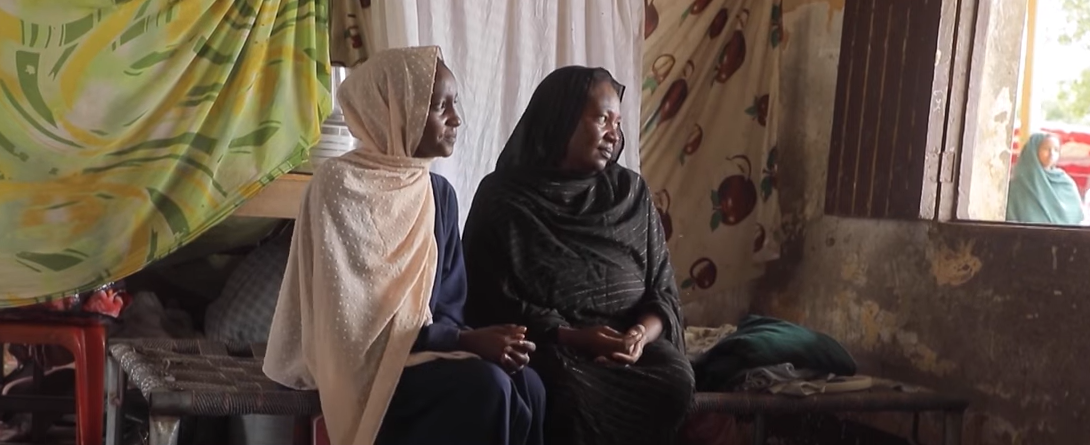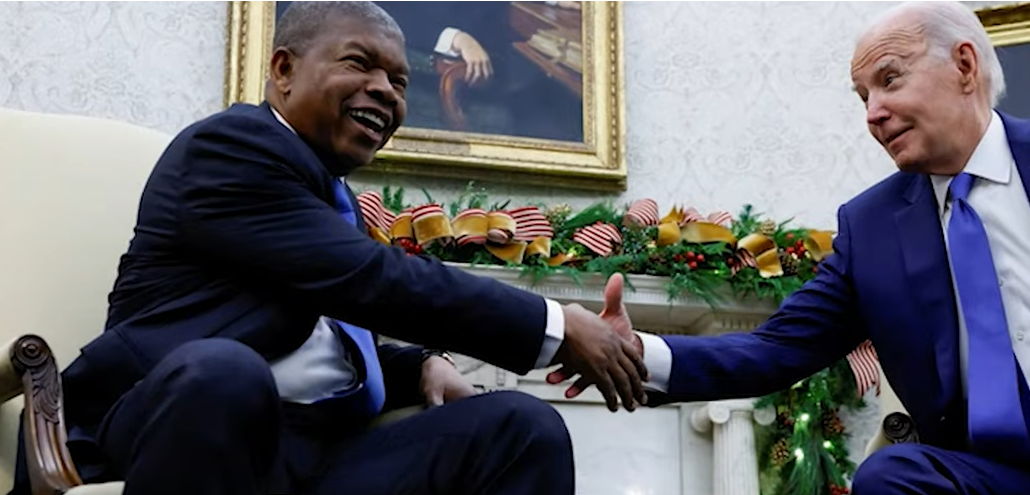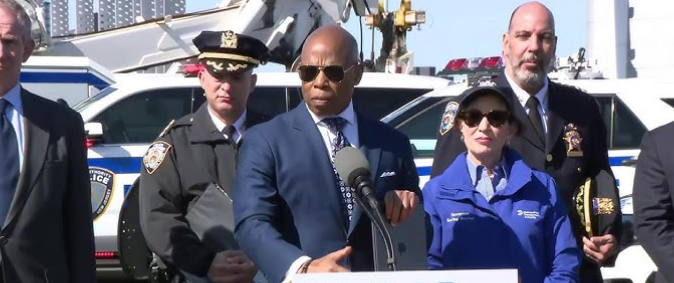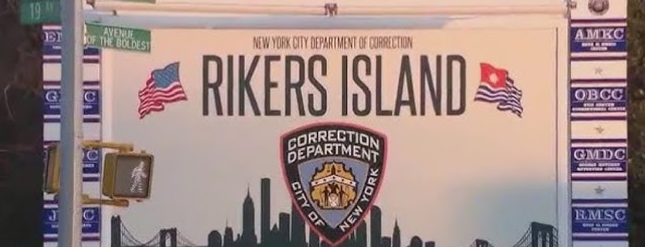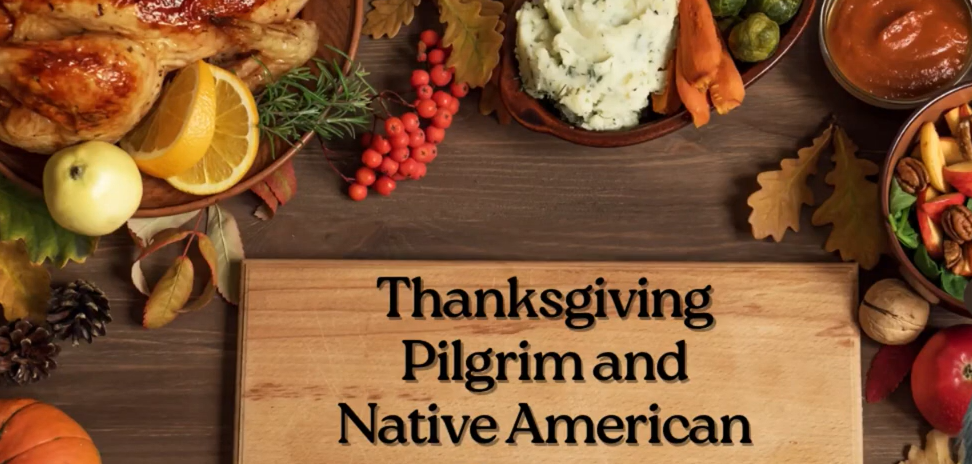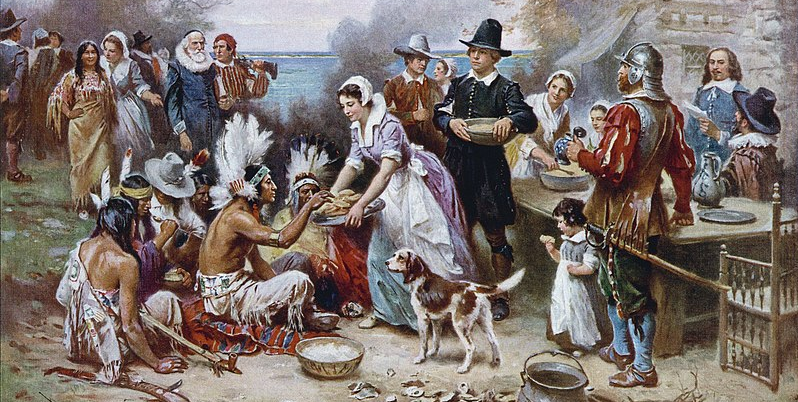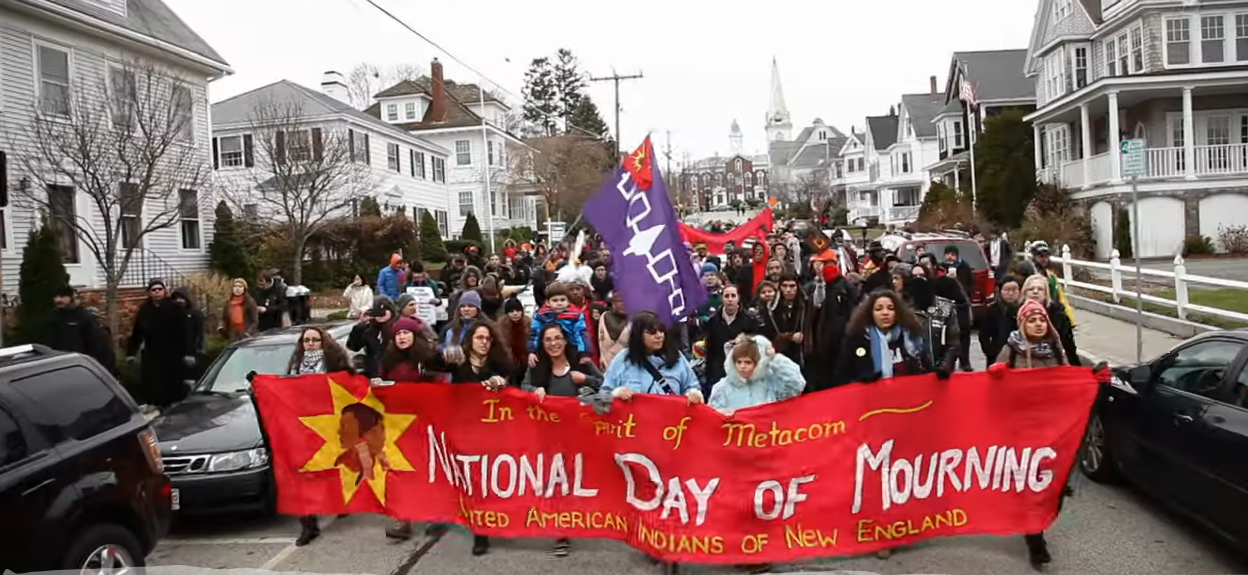The massacre victims
Why does it take the murder of more Black bodies to be heard?
Why must we wait until we are cremated in our caskets and our souls have to listen to the thunder of tear drops roar from our loved ones?
Why must we wait for you to WAKE up?
You, who still believe we live in a color-blind, post-racial, because Barack Obama is president of the United States of America kind of society.
You, whose rods and cones do not help you see nor comprehend the face of an oppressed race(s).
You, mainstream media who deliberately choose to show expected images and speak an expected language that reiterate stereotypes.
Generations of black people continue to be both traumatized and yet not surprised when more of us die.
I am a millennial, a portrait of young people that wonders what palate and brush should I use to paint my future when reality often suffocates our airways until we are down to our last breath.
Even then, our breath may not matter.
As a 19 year old college student, I have heard, watched, argued, and most importantly continue to live in what feels like a love-hate relationship with the Black race.
The hate part is what sickens me. It is what produces anger at night and a flow of tears in the morning. If I was to choose the way my heart beats, it would be unstable from the constant slander and violence of sun-kissed melanin that darkens like mine.
At 19 years of age, trauma like this makes the heart sick, makes the four chambers rot from the inside because it cannot deal with injustice.
This is the kind of trauma my black peers experience. It is not dramatic, it is real.
To live is a luxury in these “United” States of America. To live here is to acknowledge how stateless we are and feel institutions not designed for us to succeed or in the very red-lined communities we reside in.
To live here is to recognize that justice is not served equally, that the way you die, no matter how gruesome it is, is being normalized.
To live is to realize that just when you thought your life is good and you begin to show your pearly-whites, yet in a couple of hours you are reminded to know your place and stay there.
As a young black person, you wonder why police brutality, the prison-to pipeline system, your very existence scares those who are top so bad.
You wonder why their actions towards you are encrypted with ignorance, malice, and vice. You wonder how much more educating you have to do. Emotional trauma affects our passion to press on and our thought-process to perceive who is genuine and who is not.
I want to highlight Dr. Courtney Cogburn, professor at Columbia University School of Social Works’ research on media-based cultural racism on cardiovascular, emotional, and behavioral responses.
I had the privilege to hear Dr. Cogburn speak on her research. I immediately found it fascinating and a viable explanation to the trauma young people such as I, are feeling.
As I paraphrase her study, results showed that black subjects noticed subtle racism, while white subjects did not, and for the former, there were increased levels of stress hormones.
In contrast, white subjects experienced increased levels of stress when exposed to blatant racism. I was intrigued by these findings because black people have the ability to notice and call out subtle racism for what it is, however their pursuits are often labeled as being “oversensitive” or simply playing the “race card”.
We are not the dominant group of American society. Therefore we notice the subtlety of racism, classism, and all the other isms because of our position in society and when it is constantly used against us, it deeply affects our well-being to function and just live.
Now, in relation to Charleston…
When I heard about the killing on Wednesday, June 17th, 2015, I was still recovering from the cruel death of Freddie Gray and from the way a black teenage girl dressed in a bikini was abused by a police officer at a Texas pool party.
I was still recovering— from sleeplessness, disgust, and tears. Emmanuel African Methodist Episcopal Church is one of the oldest churches in Charleston, South Carolina.
It played a crucial role during the Slavery era, the 1960s Civil rights movement, the Black Lives Matter Movement, and presently a sacred place to worship God.
In learning about this incident, my brain was doing its best to wire and rewire information on what happened that ultimately left me overwhelmed and very sad.
Like many of my peers, we asked, why? The largest mass-murder at an American place of worship happened at the hands of a 21 year-old white boy, Dylann Roof, and the media, newspapers, politicians, etc., condone Roof’s actions by saying they were random and that he is “deranged.”
No. Roof knew what he was doing, he explicitly said so. However, the majority of people who were dumbfounded and shocked by this massacre, their choice of words prove 1) how numerous incidents close to this degree go unnoticed and 2) winners have been writing erroneous and biased history.
It is not hard to believe that there are people who hate Black people in America or in the world. The founding fathers planted that seed and if only they were alive to see the thorns it produced.
The Consumed, not the Consumer
The horrific killing in Charleston is another reminder of how much progress is needed. It is a reminder that black people are not going anywhere.
For almost 13 percent of the American population, we sure make the loudest noise. Synonymous with cool, hip, deviant, wild, dark don’t we just love being consumed?
Everyone wants to appropriate us, consume us, but only selectively. For example, people can decide to be black today and tomorrow not. #AskRachel. People can post on twitter “Glad they had the #BETAward2015 last night. When does the white award show come on? #equality.”
People have the privilege to wave C-O-N-F-E-D-E-R-A-C-Y and A-M-E-R-I-C-A-N simultaneously, to love and debase our diverse culture.
Thus is the advantage of being the Consumer. You do not have to feel like your culture is worth more than the people who make it.
Yet, despite this emotional state of being consumed, like many of peers we do look towards the sun that glows us. There are several mantras I have learned about being black in America: We are strong. Endurance runs through our bloodlines. Creativity and talent flows through our veins. Intelligence comes from our hearts. And beauty, oh such beauty is undeniably rich.
We have built this country since our ancestors feet first bled on this soil. White America holds us by the heel like we are all Achilles. But, there are deviations, there are anomalies who will not sit still, Black excellence keeps rising.
Keeping them in prayer:
May God give solace to Cynthia Marie Graham Hurd (54) , Susie Jackson (87) , Ethel Lee Lance (70), Depayne Middleton-Doctor (49), Clementa C. Pinckney (41) , Tywanza Sanders (26) , Daniel Simmons (74) , Sharonda Coleman-Singleton (45) , and Myra Thompson (59).
May He give their families the grace to continue to commemorate their lives in positive ways.
May He grant them healing and a heart of love and forgiveness.
Most of all may God grant justice for the hundreds of unreported blacks who are dying physically, emotionally, and mentally.
May they not die in vain. Be our Rock and do not let us give up.
In Jesus name,
Amen
#staywoke


